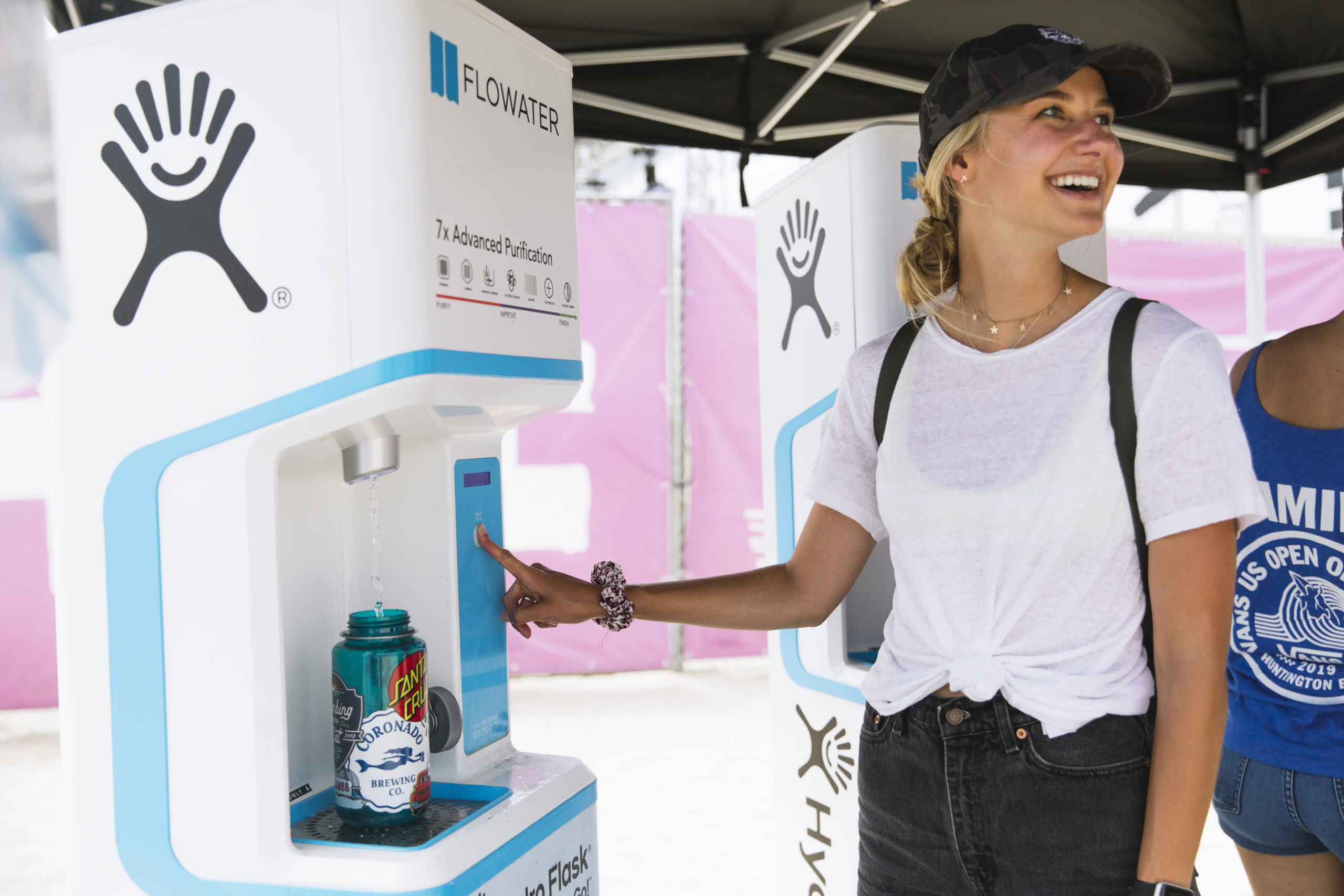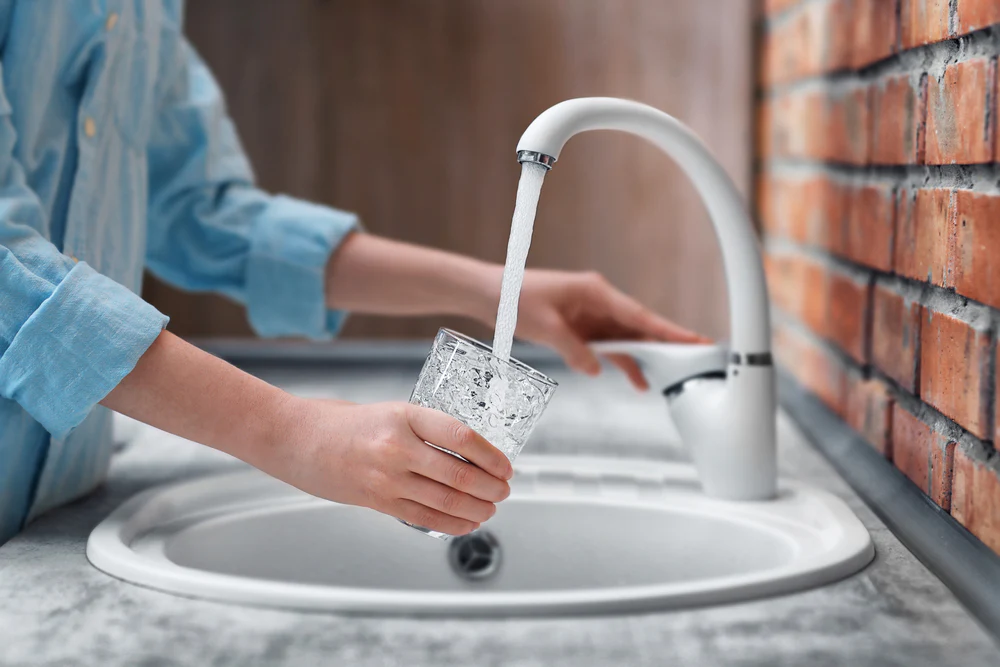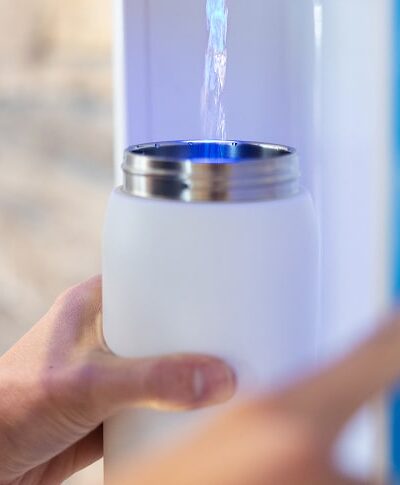Introduction
Staying hydrated is a fundamental aspect of maintaining good health, especially during events where physical activity and prolonged exposure to the elements can increase the risk of dehydration. Whether it’s a music festival, a sports event, or a conference, ensuring attendees have access to adequate hydration is crucial. Here, we’ll explore the dangers of dehydration, the benefits of hydration stations, and how these stations can help reduce single-use plastics while providing clean, filtered water for everyone.
The Dangers of Dehydration
Dehydration occurs when the body loses more fluids than it takes in, leading to a deficit that can impair normal bodily functions. The signs of dehydration can range from mild to severe and include:
- Mild Dehydration: Thirst, dry mouth, dark yellow urine, fatigue, dizziness, and headache.
- Moderate Dehydration: Increased heart rate, decreased urine output, dry skin, and irritability.
- Severe Dehydration: Confusion, rapid breathing, sunken eyes, low blood pressure, and unconsciousness.
At events, the risk of dehydration is heightened due to factors such as physical exertion, heat exposure, alcohol consumption, and the excitement of the occasion, which can lead people to forget to drink water regularly. Severe dehydration can lead to heat exhaustion or heat stroke, conditions that require immediate medical attention and can be life-threatening if not treated promptly.
The Role of Water Refill Stations
Hydration stations are dedicated areas at events where attendees can easily access clean, filtered water. These stations serve multiple essential functions:
- Promoting Health and Safety: By providing readily available water, water refill stations encourage attendees to drink more frequently, helping to prevent dehydration and its associated risks.
- Environmental Benefits: Hydration stations can significantly reduce the use of single-use plastic bottles. Attendees can refill their reusable water bottles, cutting down on plastic waste and the environmental impact of plastic production and disposal.
- Cost-Effective: Offering free or low-cost access to water can be more economical for event organizers than providing bottled water. It also saves attendees money, making the event more accessible and enjoyable.
- Digital Signage & Promotion: High quality, modern hydration stations like our Refill Station offer optional digital screens attached to the hydration units. These powerful communication devices provide great advertising for any brand looking to promote itself.

Clean, Filtered Water for Attendees
Ensuring the water provided at hydration stations is clean and filtered is crucial for maintaining the health and trust of event-goers. High-quality filtration systems can remove impurities such as chlorine, lead, bacteria, and other contaminants, providing safe drinking water that tastes great. This not only keeps attendees hydrated but also enhances their overall experience by offering a refreshing and reliable hydration solution.
At FloWater, we offer specialized event hydration solutions to ensure attendees are hydrated with the world’s best tasting water.
Conclusion
Hydration is a critical aspect of ensuring the health and safety of attendees at any event. The dangers of dehydration are significant, but they can be mitigated with the proper measures in place. Water refill stations not only provide a practical solution to keep people hydrated but also offer environmental benefits by reducing reliance on single-use plastics. By prioritizing hydration and sustainability, event organizers can create a safer, more enjoyable, and eco-friendly experience for everyone.
If you’re looking for hydration solutions for your event, get in touch with us for a free quote today!
Sources
- Mayo Clinic Staff. “Dehydration.” Mayo Clinic, 2021. Mayo Clinic.
- National Health Service. “Dehydration.” NHS, 2022. NHS.
- Environmental Protection Agency. “Reduce, Reuse, Recycle.” EPA, 2021. EPA.
- World Health Organization. “Drinking-water.” WHO, 2022. WHO.
Centers for Disease Control and Prevention. “Water Filters.” CDC, 2021. CDC.




